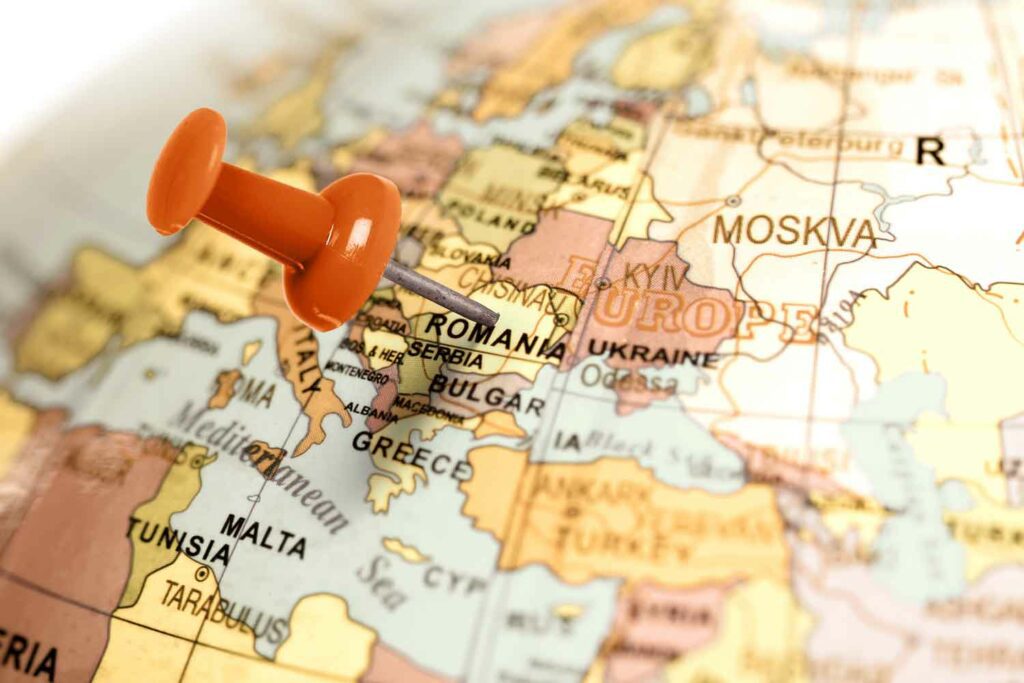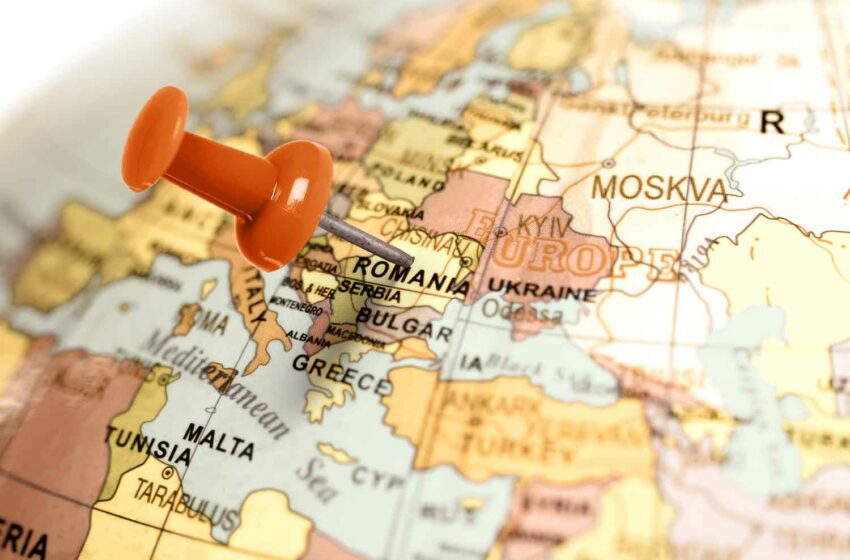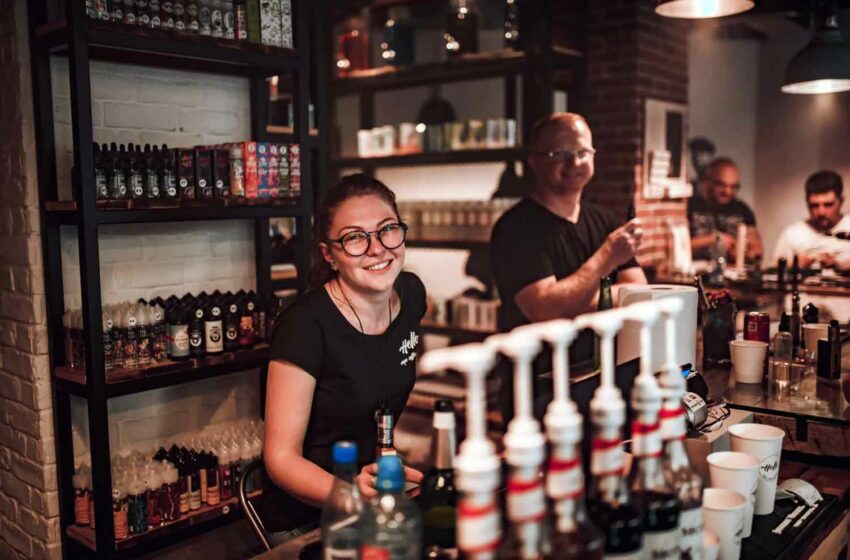
Japan Tobacco International has established a technological hub in Romania, reports Romania Insider.
The new center will support the company’s global operations with business technology solutions, analytics and cyber security, among other services. JTI has 36 factories globally and eight research and development centers, according to the company.
“The technology hub established in Romania is one of the most important among the six global technology centers established by JTI worldwide and symbolizes our continued strong commitment to the success of Romania,” said Alexander Pitchka, general manager of JTI Romania, Moldova and Bulgaria.
JTI employs more than 1,400 people in Romania, spread across its Bucharest headquarters, its factory, the recently established technological hub and more than 30 sales offices.
JTI Romania also coordinates the company’s activities in Bulgaria and Moldova.














